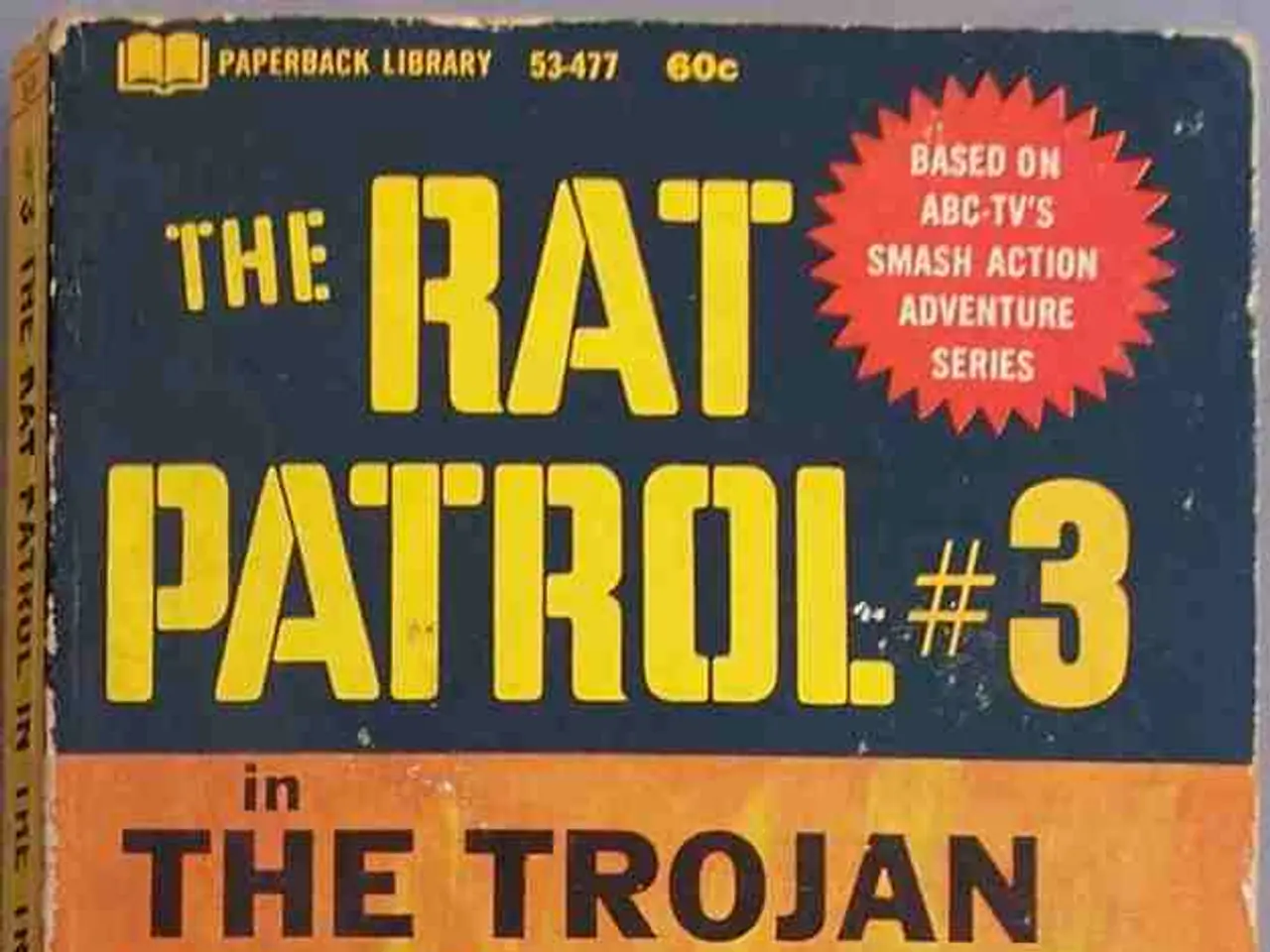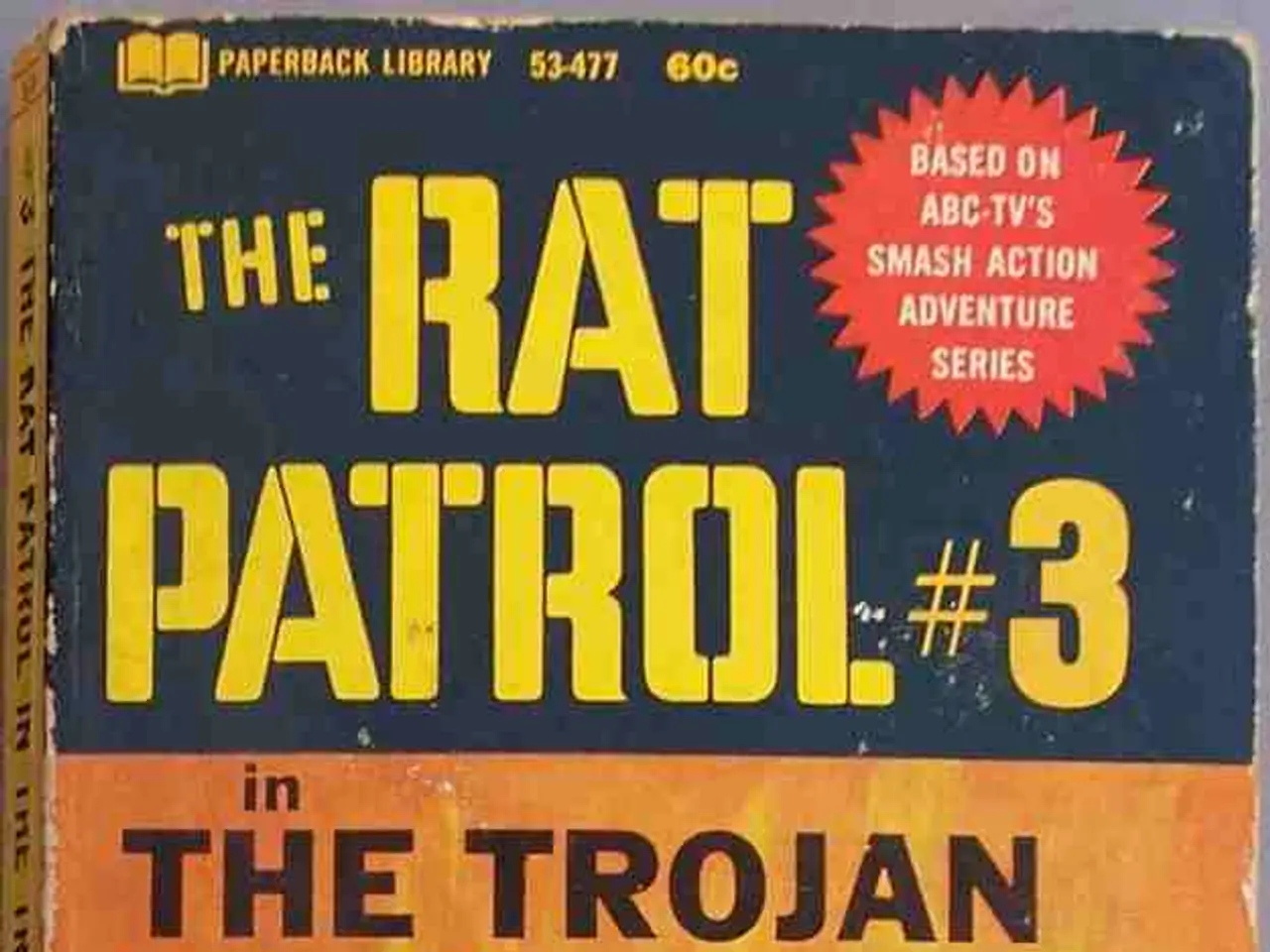Transformation of Psychological Suspense in Indian Movies: From Timeless Hits to Modern Masterpieces
Psychological Thrillers Evolve in Indian Cinema
Psychological thrillers in Indian cinema have come a long way since their early days, transforming from traditional ghost stories and revenge motifs to multi-layered explorations of the human mind, morality, and suspense.
The journey began in the 1990s with films like Manichitrathazhu (1993), a Malayalam film directed by Fazil. This classic blend of supernatural elements and psychological complexity set a precedent for future films and served as a foundation for modern Indian horror and thrillers.
In the following years, films like Bhool Bhulaiyaa (2007) continued this trend by combining psychological thrills with cultural motifs, further popularizing the genre at a mainstream Bollywood level.
As the genre evolved, films started to delve deeper into neo-noir and moral dilemmas, such as Vikram Vedha (2017), a Tamil language film that uses folklore-inspired storytelling but focuses heavily on the psychological interplay between its protagonist and antagonist.
Regional cinema has also played a significant role in the genre's richness. For instance, the Marathi film Jaran (2025) is noted for its intense psychological thriller elements and suspense, showing how regional industries are shaping new trends within the genre.
Today's psychological thrillers in Indian cinema are marked by several trends:
- Blending of folklore and psychological elements, as seen in Manichitrathazhu and Bhool Bhulaiyaa.
- Incorporation of neo-noir and moral dilemmas, as demonstrated by Vikram Vedha.
- Focus on complex human relationships and suspenseful storytelling, a characteristic seen across Malayalam, Marathi, and Tamil films.
- Expansion beyond Bollywood into regional cinemas, which are bringing fresh narratives and stylistic approaches.
Classic examples of psychological thrillers from the 1960s and 1970s include Kohra (1964), directed by Raj Khosla, and Woh Kaun Thi? (1964), directed by the same director, featuring Sadhana in the lead role. These films often paired psychological thrills with elements of horror and film noir.
In the 1990s, films like Darr (1993) and Anjaam (1994) pushed the psychological thriller genre into mainstream popularity. Ram Gopal Varma revolutionized the thriller genre in India with his 1998 film Raat, exploring fear, psychological trauma, and the supernatural.
The future of psychological thrillers in Indian cinema looks promising, with the rise of digital platforms and global storytelling influences leading to even more innovative and thought-provoking films. Andhadhun (2018), directed by Sriram Raghavan, is often hailed as one of the best psychological thrillers in recent times, starring Ayushmann Khurrana as a blind pianist who unknowingly becomes involved in a murder investigation.
Overall, Indian psychological thrillers have evolved to offer a darker, more cerebral approach to storytelling, with unexpected twists and morally ambiguous characters that leave audiences questioning everything they've seen. The genre's evolution reflects the changing tastes and sensibilities of audiences, as well as the growth of the film industry.
- The upcoming animation series "Movies-and-TV Presents: Fearful Folklore" aims to combine traditional Indian folklore with modern psychological horror, promising to offer a thrilling and thought-provoking entertainment experience.
- In the vein of regional cinema's contribution to the evolution of psychological thrillers, a forthcoming Bengali drama titled "The Morality Maze" plans to explore intricate human relationships and moral dilemmas, further enriching the genre.
- As the line between horror and psychological thriller continues to blur, esteemed filmmakers are pushing the boundaries to create chilling masterpieces. Fans can expect the eagerly anticipated horror movie "Abyss" to offer a dark rush of terror and suspense, following the story of a haunted carnival attraction.







